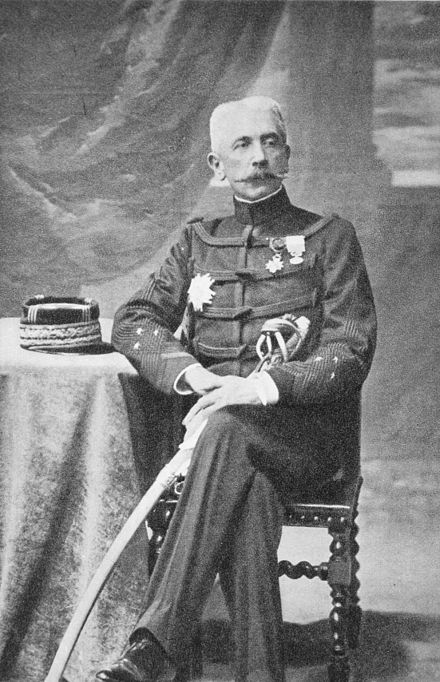
Film critic and academic Jay Weisberg presents a compendium piece that headlines Marrakech Film Festival’s 11th Continent strand and aims to offer a taste of North Africa’s heritage from its early Colonial past (1914-1922).
It was a time when Morocco was a protectorate of the French government, under the benevolent guidance of Marshal Lyautey, who represented the interests of France and developed Morocco’s potential while respecting its traditions and culture under the auspices of the Sultan. In this way Morocco became a pro-Western country unlike its neighbour Algeria which was under French occupation. Lyautey’s vision was both paternalistic and ideological: to further education, culture and commerce while the Sultan retained his religious and legal powers in an exclusively Arab Court.
Weisberg shows how early cinema’s notable trans-border distribution means the world’s archives are depositories of unexpected treasures: the cork forests of Morocco exist only at the British Film Institute in London; French-made panoramas of Algeria from 1910 are at the Library of Congress in Washington, D.C.; Italian-produced images of Libya have turned up at the National Library of Oslo. These are precious visual records from cinema’s early decades when European and American companies sent cameramen across the globe. As the medium quickly developed, however, film increasingly became a tool for perpetuating Orientalism and reinforcing colonial agendas. This programme, a follow-up to last year’s Views of the Ottoman Empire, looks to engage the audience in this debate via rare short films of North Africa from the 1910s and 20s, some digitised specifically for this screening.
SCREENING AS PART OF THE 11TH CONTINENT STRAND | Marrakech Film Festival 2019